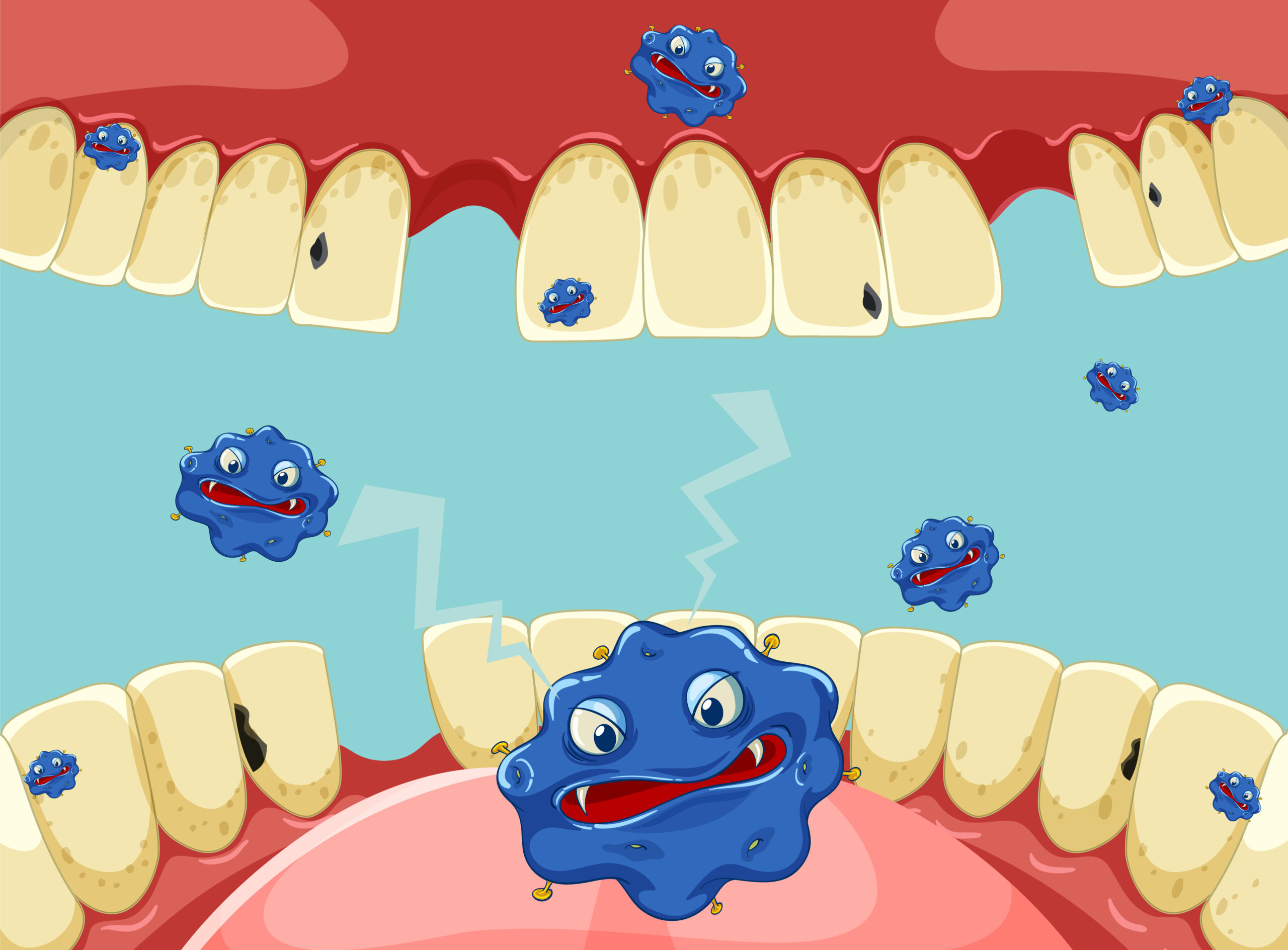
Many people do not know that their non-stop dental problems are some of the symptoms of a severe gum infection. Just try to think about living with a nagging ache in your mouth that simply refuses to go away. You have done everything, from taking pain relievers to having root canal treatments, but the pain still exists, affecting your daily life.
If your symptoms are not reducing, your gum infection has probably worsened and you may need to undergo a procedure called periapical surgery. Periapical surgery, sometimes referred to as apicoectomy, is not just another dental treatment. It aims to reduce symptoms, remove the infected portions, and prevent reinfection.
By understanding what necessitates this kind of specialized intervention, you may be able to act purposefully to prevent complicated problems like the spread of infection or tooth loss. It will ensure that your dental health and daily routines remain unaffected.
Reasons for Periapical Surgery
Periapical surgery is often necessary when there is a persistent or recurring infection at the tip of a tooth’s root, which cannot be resolved through conventional root canal treatment. Here are the primary reasons for undergoing periapical surgery:

- Persistent Infection: If infection or inflammation remains at the root tip after a root canal treatment or if it recurs following initially successful treatment, periapical surgery is necessary to remove the infected tissue and prevent further damage.
- Complex Root Structures: Teeth with irregular or complex root structures may hinder a complete cleaning through root canal therapy alone. Periapical surgery allows direct access to the root tip to remove any remaining infected tissue.
- Presence of Cysts or Granulomas: Cysts or granulomas at the root tip, often discovered through diagnostic imaging, require removal to prevent further bone loss and to ensure complete healing.
- Root Resorption: Sometimes, the tooth root begins to dissolve or wear away. This condition is known as resorption. In such cases, periapical surgery is necessary to treat the affected area and stabilize the tooth.
- Calcification of Root Canals: Over time, the root canals may become calcified, making traditional root canal treatment difficult or impossible. Periapical surgery allows the sealing of the root canal from the root end.
- Save a Tooth from Extraction: This surgery provides a chance to save a tooth that might need to be extracted. Maintaining your natural tooth can help preserve your jawbone, dental alignment, and oral health.
Periapical surgery is a targeted intervention designed to eliminate infection, preserve the tooth, and prevent future oral health issues. It is a crucial procedure for certain dental conditions where other treatments might fail.
Signs That Show You Need Periapical Surgery
Recognizing the need for periapical surgery is essential for effective dental treatment and preserving oral health. Here are the signs that may indicate this surgical intervention is necessary, with extended details for clarity:
- Persistent Pain: Even after a root canal, you might still experience lingering pain or discomfort in the affected tooth. This could manifest as a continuous dull ache or sharp bursts of pain when the tooth is under pressure, such as while eating. Persistent pain suggests that the infection at the root tip has not been completely eradicated and may need surgical intervention.
- Swelling or Tenderness: The gums around the affected tooth noticeably swelling is a common sign of infection. This swelling might be accompanied by tenderness or redness. In some cases, you might feel discomfort when touching the area or applying pressure during biting. Swelling indicates that the body is still fighting an infection, which previous treatments may not have fully addressed.
- Formation of a Sinus Tract: A sinus tract is essentially a channel that forms as a result of infection. It lets pus drain away from the infection site to the surface of the gums, often presenting as a pimple-like bump that can recur. The presence of a sinus tract is a definitive sign of an ongoing infection and typically requires periapical surgery to remove the source of infection and close the tract.
- Failure of Previous Root Canal: If a root canal fails, symptoms like pain, swelling, and sensitivity can reappear, indicating that the initial treatment did not completely remove the infection. This could be due to complex root canal anatomy or hidden untreated canals. Periapical surgery allows the dentist to access and treat the root tip directly, bypassing the complexities of the canal system.
- Presence of Cysts or Granulomas: Cysts or granulomas are growths that can form at the root tip due to persistent infection. If the infection remains unresolved, it can grow, potentially causing more significant bone loss and destabilizing adjacent teeth. Surgical removal of these lesions is often necessary to prevent further damage and restore health to the area.
Understanding these signs and seeking timely treatment can significantly improve dental health, potentially saving teeth that might otherwise need to be extracted.
Periapical surgery is performed under local anesthesia, which makes it relatively painless while the procedure is underway. The risks related to this surgery are minimal and similar to those associated with other minor surgical and dental procedures. These risks include:
- Infection: Although the surgery is intended to remove the infection, like any surgery, there is a small risk of developing an infection after the operation.
- Bleeding: Some bleeding is normal during and after surgery, but excessive bleeding is rare.
- Nerve Damage: In cases where the surgery is performed near nerves, there is a slight risk of nerve damage, which can result in temporary or rarely permanent numbness.
Takeaway
Periapical surgery performed by experienced oral surgeons relieves the symptoms associated with severe gum infections and prevents their recurrence.
At Gnathos Dental, our oral surgeons bring extensive experience to performing periapical surgery. The team is well-versed in the latest techniques and equipment, ensuring each patient receives top-notch care. We follow patient-centric care after surgery by providing valuable tips for maintaining dental hygiene. We also stress the importance of periodic check-ups to monitor progress and promptly address patient’s concerns.
If you are struggling with persistent gum pain or swelling, visit Gnathos Dental to get a complete evaluation and to know if you are a candidate for periapical surgery. Take the first step to restore your oral health with the help of our expert team.
- Tags:
- Periapical Surgery

